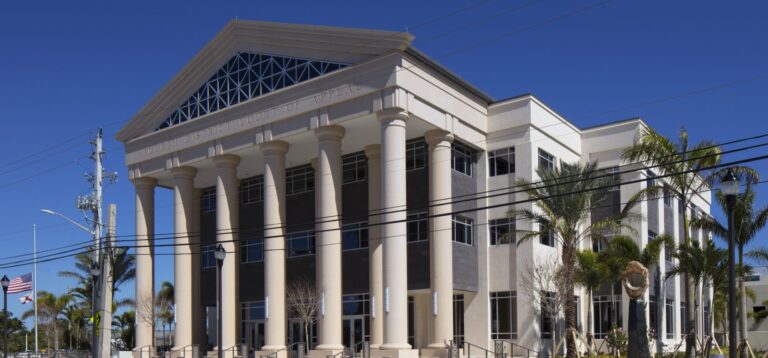Florida Supreme Court Clarifies that Anti-SLAPP Does Not Grant Blanket Immunity
Case: Vericker v. Powell, 406 So. 3d 939 (Fla. 2025)
Kevin Vericker, a blogger, criticized attorney Norman Powell after Powell was appointed to represent North Bay Village, questioning his qualifications and integrity. Powell sued for defamation, claiming the posts were defamatory per se. Vericker responded with a motion for summary judgment based on Florida’s Anti-SLAPP statute, which protects against lawsuits aimed at silencing speech on public issues. He argued Powell was a public official and could not prove “actual malice” (knowledge of falsity or reckless disregard), so the lawsuit should be thrown out as meritless.
The trial court denied Vericker’s motion, and the appellate court refused to immediately review that denial. Vericker then asked the Florida Supreme Court to step in, arguing the Anti-SLAPP statute should function like immunity from suit, making it irreparable harm to let the case proceed. The Court disagreed, holding that Florida’s Anti-SLAPP law does not grant blanket immunity; it is mainly a fee-shifting tool and mechanism for early dismissal, not a shield from all litigation. Still, the Court recognized the legislature’s intent to resolve these cases quickly. To give that intent teeth, it amended the appellate rules to allow interlocutory appeals (early appeals) when a trial court denies an Anti-SLAPP motion.
In short, Vericker lost, but Florida law now ensures that others in his position can get faster appellate review when their Anti-SLAPP motions are denied.



